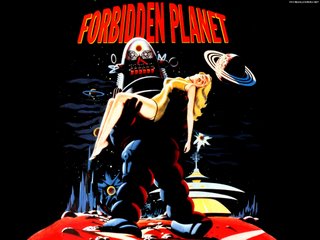
Sir Isaac Newton once said that, "if I see further it is by standing on the shoulders of giants." He was of course referring to the great astronomers who came before him, people like Galileo and Kepler. Most physicists believe Newton to be the greatest scientific mind ever in their field and yet Newton gave the credit for his success to others.
Everyone I know who is good at what they do will speak with great reverence of those who influenced them and their work. August Wilson used to tell me that he wanted to be as good a playwright as Chekhov. Billy Wilder worshiped Ernst Lubitsch and kept and sign above his desk: "What would Lubitsch do?". Paddy Chayefsky said he learned to structure drama by studying Lillian Hellman. Everyone good has their giants, but I have seen in the last few years that giants are no longer acknowledged. It seems that the younger people are the more they want to make a mark without doing the work it takes to make that happen. They want more than anything to be different, to be unique. This is without studying what came before. This is without copying the work of the giants who walked the earth before them. That's right, 'copying'. Human beings seem to learn by copying others.
Mike Mignola, the artist who created the popular Hellboy comic book, developed his 'unique' drawing style by copying the drawings of artist Frank Frazetta over and over until his own style emerged.
I once heard a radio interview with a musician who had played with the legendary jazz trumpeter Miles Davis. This man had grown up on Davis' music and one day told Miles that when he was a kid he would play his records over and over again. He said that he would play his trumpet along with the records trying to sound as much like Miles as possible. Miles laughed and said, "Sometimes it takes a long time to sound like yourself." Nowadays I find that people want to 'sound like themselves' without learning to sound like someone else like first. They want to skip steps taken by others. Artists want to be Picasso without going through the same steps Picasso took. They want to be innovators, but all innovators stand on the shoulders of giants and do not spring fourth fully formed from the head of Zeus.
I often tell my students to find what I call a 'virtual mentor'. That is they should find a person or two or three (giants) to copy. Copy is not a strong enough word, you should steal from these giants. Picasso said, "Bad artists copy. Great artists steal." When you find these virtual mentors try to be as much like them as possible and they will teach you things about your craft that you didn't even know were there to learn. Put a sign above your desk that says, 'What would ________ do?' And one day, without even meaning to, you will find that you have learned how to sound like yourself. And you will see just how far you can see when perched atop a giant's shoulder.


